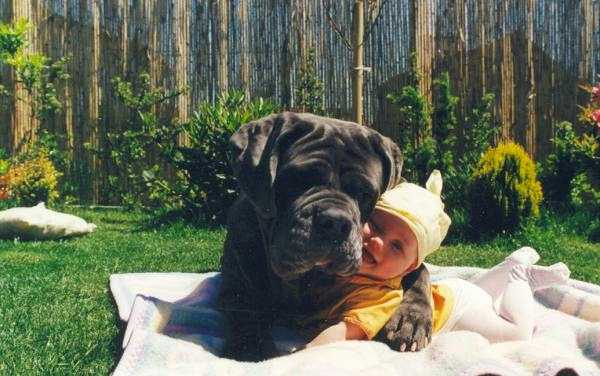
When dog owners spend more time petting their pets and rubbing their tummies, take them out for walks or play fetch with them, their pets start to mirror their personalities. Dogs also have moods and personality traits that show up when they react in a certain situation. Michigan State University found in the new research that even dogs have personalities that change with time.
“When humans go through big changes in life, their personality traits can change. We found that this also happens with dogs – and to a surprisingly large degree,” said William Chopik, professor of psychology. “We expected the dogs’ personalities to be fairly stable because they don’t have wild lifestyle changes humans do, but they actually change a lot. We uncovered similarities to their owners, the optimal time for training, and even a time in their lives that they can get more aggressive toward other animals.”
Journal of Research in Personality published the research which is the first to discuss such a point. Chopik made a survey and asked around 1600 dog owners of 50 breeds. Dogs’ ages ranged from a few weeks to 15 years and were even males and females. The survey asked the owners to evaluate their dogs and their behavior history. Also, they answered questions about their own personality traits.

“We found correlations in three main areas: age and personality, in human-to-dog personality similarities and in the influence a dog’s personality has on the quality of its relationship with its owner,” Chopik said. “Older dogs are much harder to train; we found that the ‘sweet spot’ for teaching dog obedience is around the age of six when it outgrows its excitable puppy stage but before its too set in its ways.”
A trait that changes in dogs very rarely is fear and anxiety, Chopik said.
He said “dogs resemble their owners,” Chopik’s research demonstrated that owners and their dogs share some personality traits. For example, Extroverted people are more likely to have active dogs. Owners who have negative emotions have dogs who are more anxious and less responsive to the training sessions.
Happy couples rated their dogs excited and active, also they tend to be responsive to training. Chopik also said that aggression and anxiety were very rare if the relationship is happy.

Chopik’s results demonstrated how much power humans have when it comes to affecting their dog’s personality. He clarified that most of the reasons the dog’s personality changes are an outcome of the “nature versus nurture” theory related to humans’ personalities.
Next, Chopik’s research will discuss how the environment the dogs are living in with their owners may change their personality and behavior as well.
“Now that we know dogs’ personalities can change, next we want to make a strong connection to understand why dogs act – and change – the way they do,” Chopik said.

